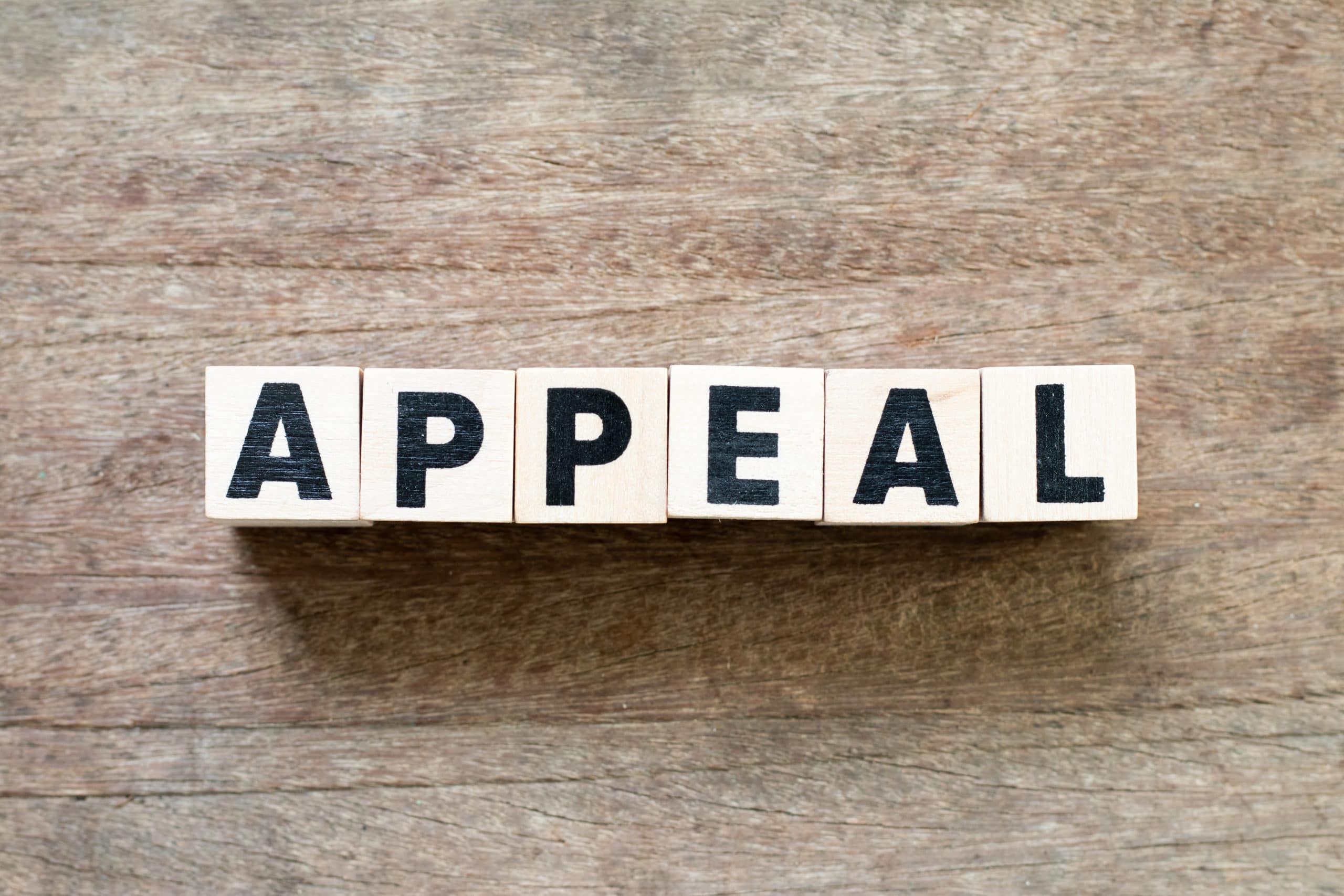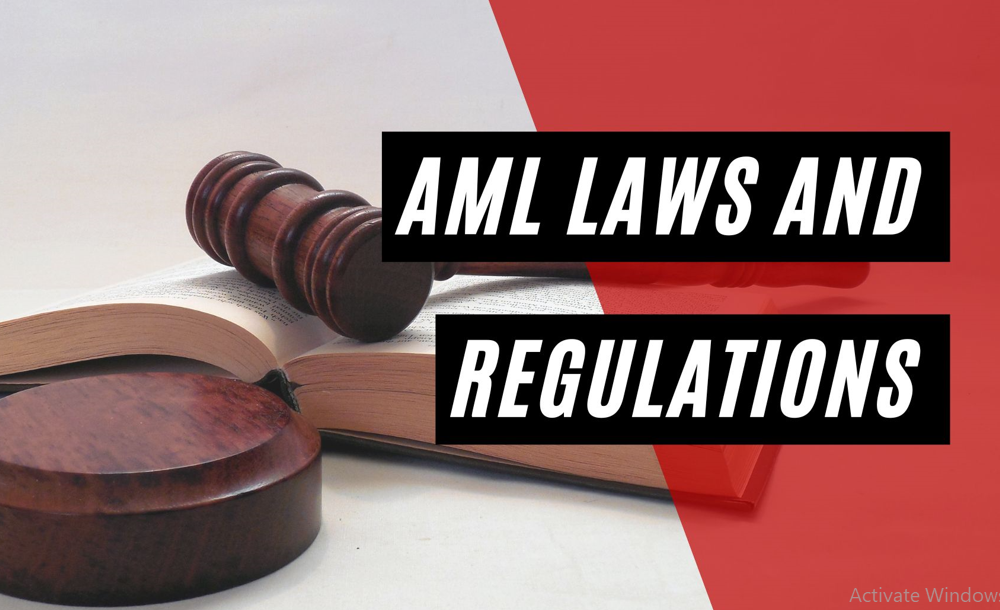The criminal equity system in the US is intended to guarantee reasonableness, straightforwardness, and responsibility. One basic part of this system is the appeals process, which permits people who have been convicted of crimes to challenge their convictions or sentences. Appeals are limited to criminal cases as well as reach out to civil issues too.
For those exploring the complex appeal system, understanding its subtleties can be crucial. This is particularly valid for people working with post-conviction lawyers in Florida, where the state’s legal system presents remarkable challenges and opportunities.
The Appeal Process in Florida
For people convicted in a Florida state court, the appeal process normally starts in one of the state’s region courts of appeal. Here, a board of judges reviews the case. If the appeal is denied, or on the other hand if the case includes significant legal inquiries, it very well might be raised to the Florida Supreme Court. In certain cases, government appeals are additionally conceivable, especially if protected issues are involved.
The appeal process is complex and tedious. It starts with the filing of a notice of appeal, which should happen inside a severe time period after the trial court’s judgment. After this, both the litigant (the party filing the appeal) and the appellee submit written briefs.
These records frame the legal arguments for and against the appeal. The appellate court may likewise hold oral arguments, during which the attorneys put forth their viewpoints and answer the judges’ inquiries.
One basic part of the appeal process is the norm of review. This standard decides how much concession the appellate court provides for the lower court’s decision. For instance, if the appeal depends on authentic discoveries, the appellate court might concede to the trial court except if there is obvious proof of error. Interestingly, if the appeal includes legal inquiries, the appellate court reviews the case with less concession to the trial court’s decision.
Types of Legal Errors in Appeals
Legal errors are at the core of the appeal process. There are two primary sorts of legal errors that can shape the reason for an appeal: harmless errors and reversible errors.
– Harmless Errors: These are minor missteps that, while they might have happened during the trial, don’t influence the general outcome. If an appellate court verifies that a legal error was harmless, it will maintain the first conviction or judgment.
– Reversible Errors: Reversible errors, then again, are significant missteps that probably impacted the trial’s outcome. If the appellate court finds that a reversible error happened, it might upset the conviction, request another trial, or modify the sentence.
Post-conviction lawyers in Florida play a fundamental role in identifying these kinds of errors and building areas of strength for a contention for appeal. They should be know all about both state and government law, as well as the procedural rules administering appeals, to give their clients the best conceivable representation.
The Implications of the Appeal System
The appeal system serves an essential capability in the American legal scene by giving a component to remedying judicial errors and it is appropriately guaranteed that equity. However, it additionally has more extensive implications. For people facing illegitimate convictions, the appeal process can offer any desire for absolution. In high-profile cases, appellate decisions could shape future legal points of reference and impact public strategy.
Regardless of its significance, the appeal system has impediments. It’s anything but a guarantee of a good outcome, and many appeals are denied. Moreover, the appeals process can be tedious and costly, especially for people who don’t approach legal resources. This is where gifted post-conviction lawyers become possibly the most important factor, as they are prepared to deal with the legal complexities of the system and guide their clients through the process.
Concluding Thoughts: Getting the Right Representation
Exploring the appeal system is no easy errand, and the outcome of an appeal can have life-evolving results. The complexity of the system highlights the significance of having qualified legal representation. For people seeking to challenge a conviction or sentence, working with post-conviction lawyers in Florida, for example, the group at Brownstone Appeal Lawyers, can have a basic effect.
These legal experts are experienced in appellate law and can give the strategic direction expected to seek after a successful appeal.













Leave a Reply